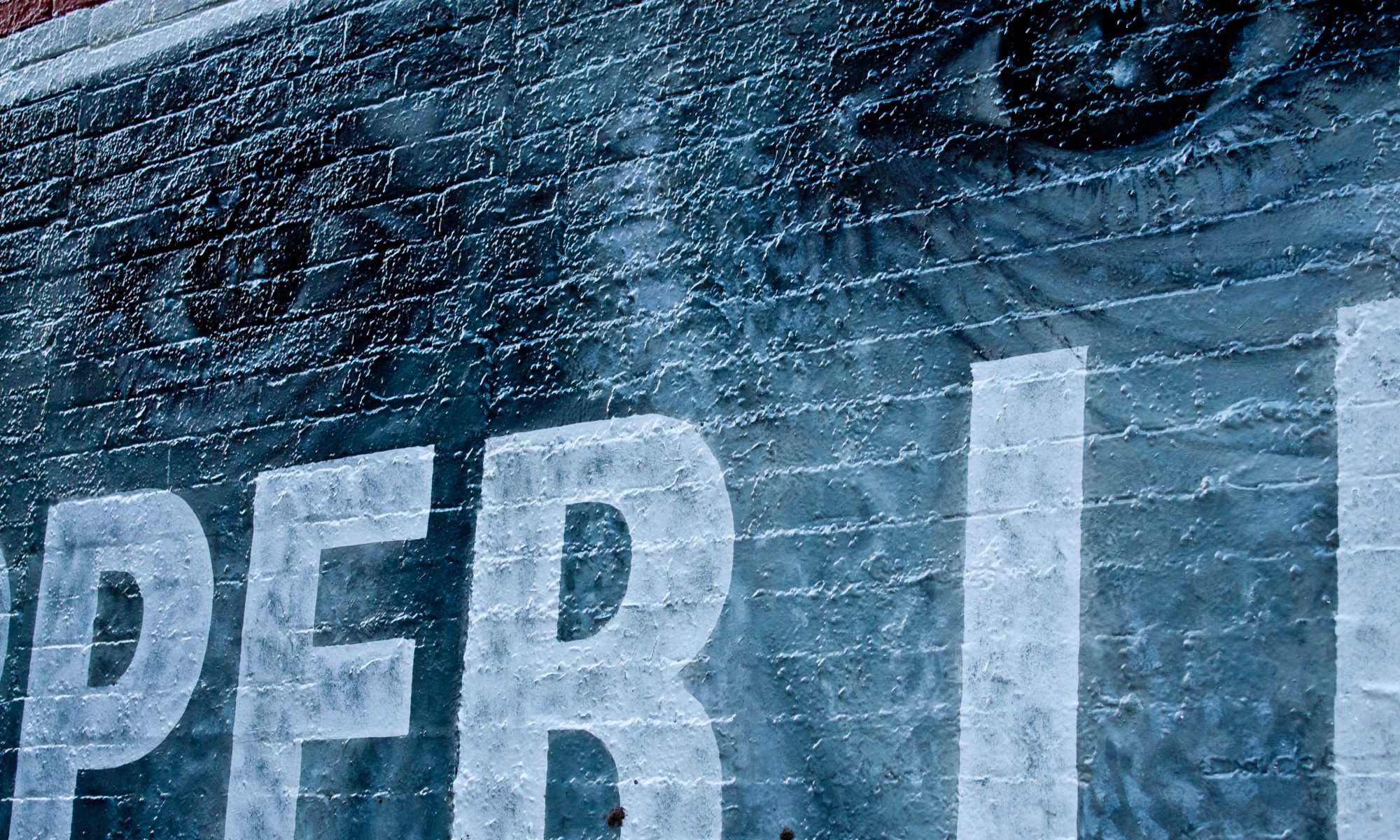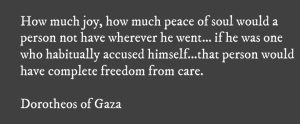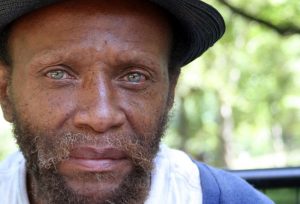These two quotes, from How to Be a Sinner, are worth reflecting on.
One is from St. John of Kronstadt:
Never confuse the person, formed in the image of God, with the evil that is in him, because evil is but a chance misfortune, illness, a devilish reverie. But the very essence of the person is the image of God, and this remains in him despite every disfigurement.
Then there’s this, from St Nikolai (Velimirovich) of Zicha, about a person’s inner essence:
When a person loves only himself, he loves neither God nor his fellow-humans. He does not even love the person that is in himself; he loves only his thoughts about himself, his illusions about himself. Were he to love the person in himself, he would love God’s image in him, and would quickly become a lover of God and man, for he would be seeking man and God in other people, as objects of his love.
The conviction of both these saints is that the inner core of the human being is good. That stands in sharp contrast from a teaching of “total depravity.” It also may contrast with some of our impressions about ourselves—that we are completely broken, all lost; or perhaps about other people: that someone can be “pure evil.”
It is an important insight that takes some people decades to uncover, and comes quite naturally and quickly for others: At my core, in my innermost self, I am good. I am made in God’s image. Yes, the image is distorted. The mirror is dirty, maybe even bent. But it’s there, as it always has been. The path of self-scrutiny, the way of surrender to God’s love, is a way towards the recovery of a beauty in you that has never been completely lost. You can access it in yourself, and certainly in other people.
Make that your baseline. When it comes to considering another person, even someone quite horrible, think of St. John of Kronstadt: don’t confuse that inner, God-like image, with the dirt on the picture. When it comes to considering yourself, think of St. Nicholas of Zhicha. Don’t confuse your “self-image,” your thoughts about yourself, with your actual self. Seek out and love the “person-inside-yourself,” “the hidden person of the heart” (1 Peter 3:4). Then you’ll know what you’re seeking to recover, that light, the Jesus told us to “let shine before others” (Mt 5:16).



 By now most of us are aware that the Greek for “sin” means “missing the mark,” and in fact a lot of our expressions in English reveal an intuition that humanity is in fact good, at its very root. That’s why we speak of an atrocity or of cruelty as “inhuman,” and why someone who has shown valor or compassion may say about herself “it was the human thing to do.” After all, the word “humane” —which means compassionate, benevolent—comes from the word “human.” Sin isn’t endemic to human nature, it is a distortion of it.
By now most of us are aware that the Greek for “sin” means “missing the mark,” and in fact a lot of our expressions in English reveal an intuition that humanity is in fact good, at its very root. That’s why we speak of an atrocity or of cruelty as “inhuman,” and why someone who has shown valor or compassion may say about herself “it was the human thing to do.” After all, the word “humane” —which means compassionate, benevolent—comes from the word “human.” Sin isn’t endemic to human nature, it is a distortion of it.